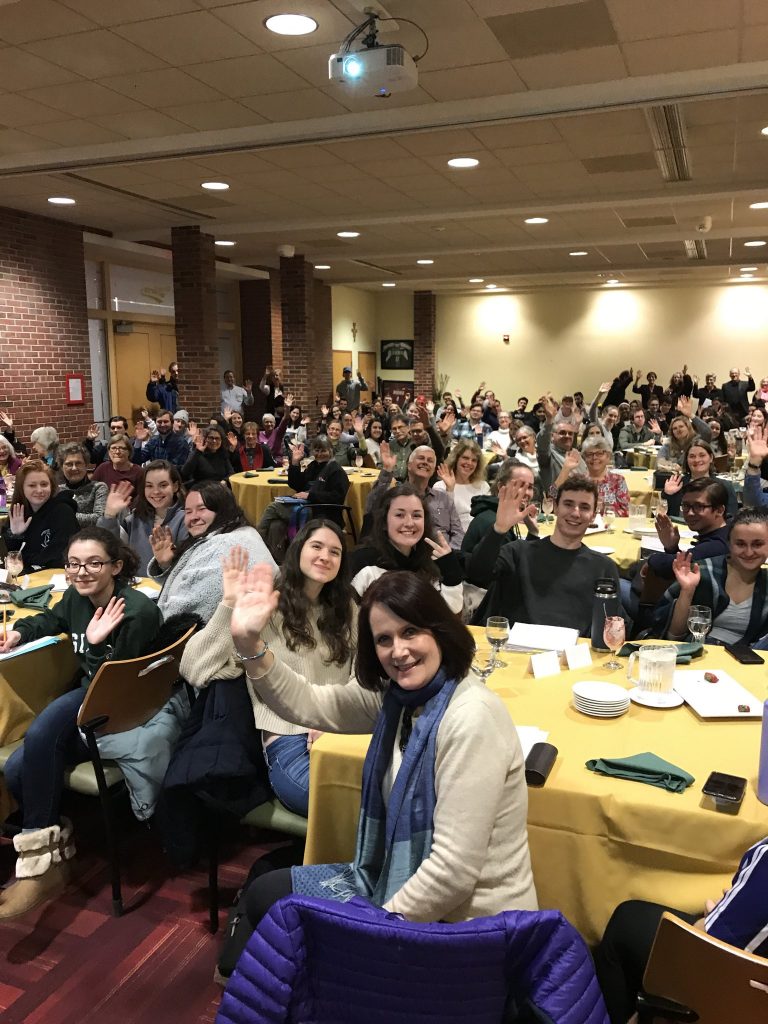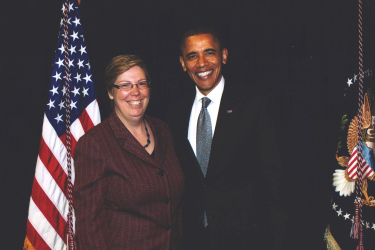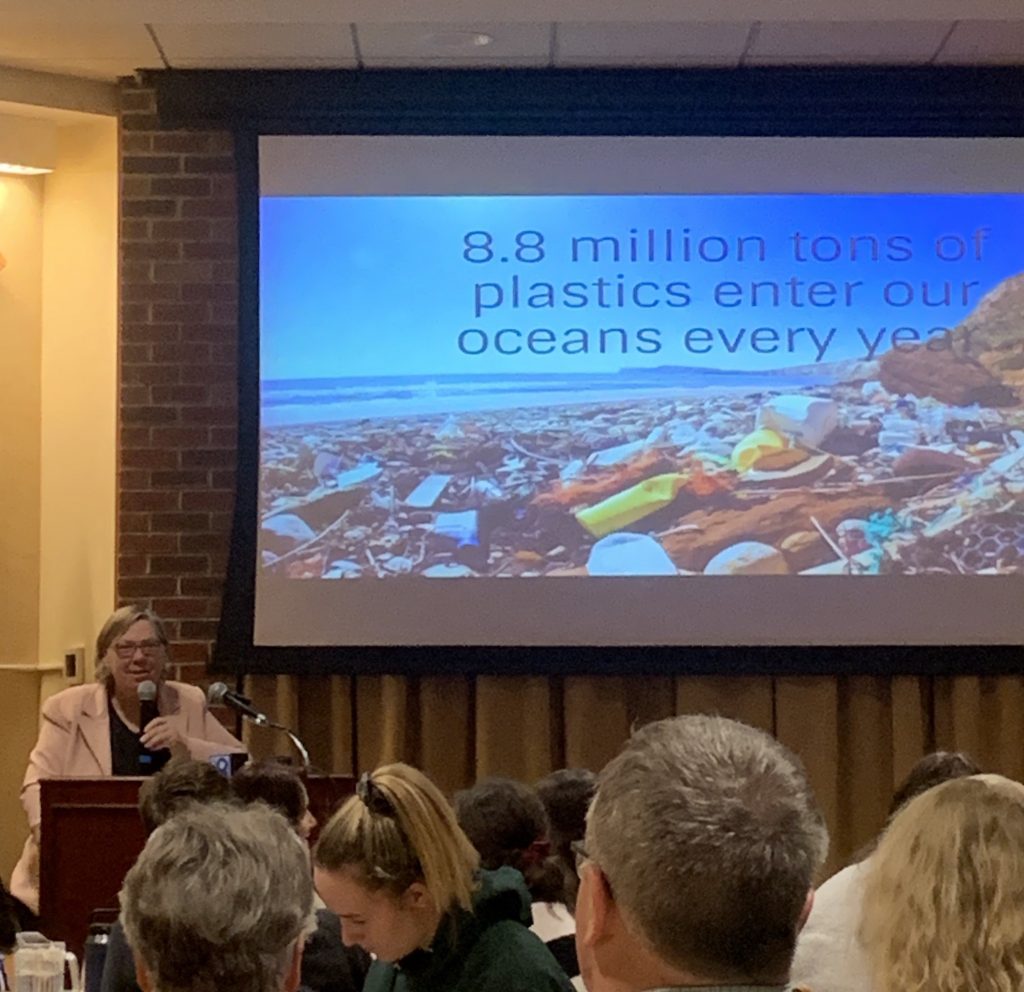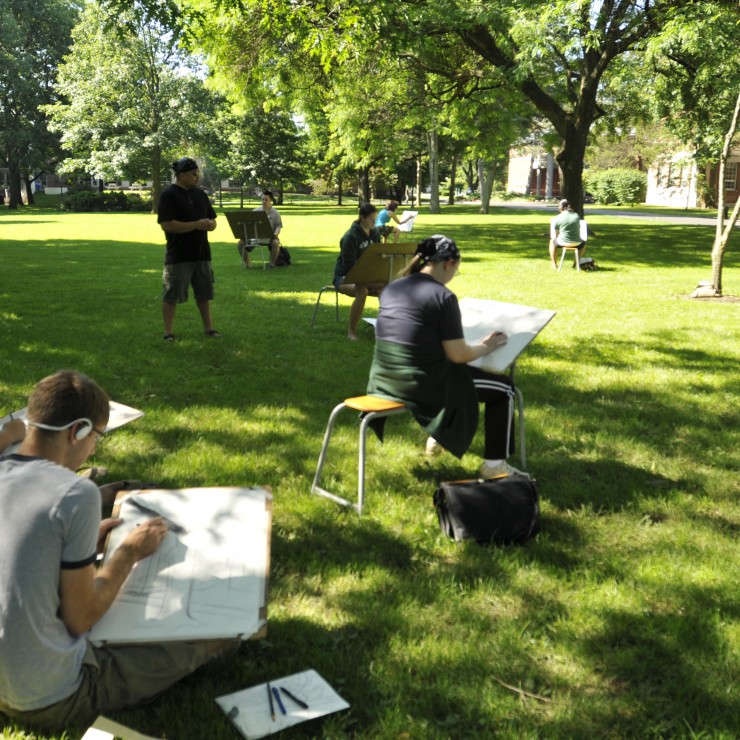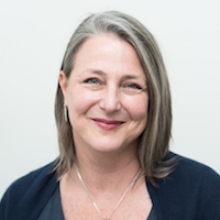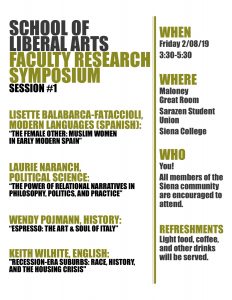By: Jillian Fiddler
Hi Everyone!
The bLAb is back after taking a short break over the fall semester. Before I introduce myself as the new voice behind the bLAb I would like to thank our previous writer Kiera Mitru, who graduated last May and did wonderful work in the School of Liberal Arts.
So who am I? My name is Jillian Fiddler and I am a Junior here at Siena. I am studying Social Work with a minor in Criminal Justice while also filling my time on campus with clubs and work. I’m not going to bore you with an entire biography of who I am and all of my interests because most of that information will naturally come to light through these bLAb posts.
My plan for the bLAb this semester is to create a place for students and faculty to share their experiences on campus as well as an opportunity to get information on upcoming events – and the review of them afterwards. I would love for this to be a platform where everyone is heard and respected and the Siena community can thrive by sharing stories.
I know the semester is nearing midterms and between the unpredictable weather and the impending doom of upcoming assignments no one wants more on their plate but I do have a favor to ask. I have two big plans for the bLAb that need your help with input and participation.
Ask The President:
If you follow the Siena Liberal Arts Instagram (@sienaliberalarts) then you have seen the information being posted about an upcoming Q&A with President Gibson. This is a chance for the President to answer direct questions from the students on Siena’s campus. You still have time to send in your questions and can do so by emailing us at lainfo@siena.edu.
Siena Student Shoutout:
Siena does a wonderful job at showcasing students who go above and beyond academically and within the community. I love reading about my peers and all they have accomplished and it inspired me to create a platform where students can shout out their friends for absolutely anything. Do they have a great sense of humor? Are they always the one driving you to Walmart? It could even be that you know they had a tough week and want to cheer them up. If there is a student on Siena’s campus that you would like to give a shoutout to, email the bLAb and I will showcase them in the next post!
I hope everyone has a fantastic rest of the week and are enjoying the first signs of spring. Any interaction with the bLAb is greatly appreciated and I look forward to hearing from all of you.
If you have suggestions or ideas for the bLAb they are always encouraged and can be done by emailing lainfo@siena.edu


